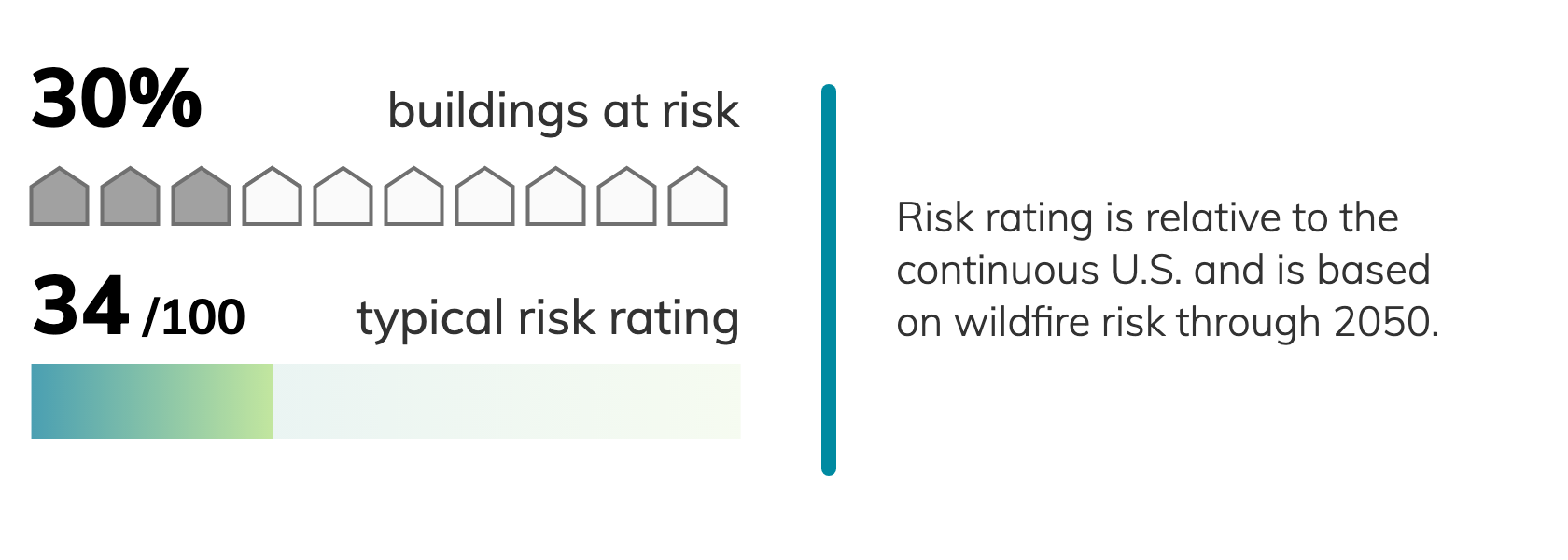Enhanced Security Collaboration: China And Indonesia Forge Closer Links

Table of Contents
Strengthening Counter-Terrorism Cooperation
Joint efforts to combat terrorism represent a cornerstone of enhanced security collaboration between China and Indonesia. Both nations recognize the transnational nature of terrorist threats and the need for proactive, coordinated responses. This collaboration involves several key initiatives:
- Intelligence Sharing: Both countries have engaged in increased information exchange regarding terrorist groups operating within the region, sharing crucial data on movements, financing, and operational plans. This intelligence-led approach is crucial for preemptive action and disruption of terrorist networks.
- Joint Military Exercises: Regular joint military exercises and training programs improve interoperability and enhance the capacity of both nations to respond effectively to terrorist threats. These exercises focus on counter-terrorism tactics, techniques, and procedures, building a strong foundation for coordinated responses to future incidents.
- Capacity Building: China and Indonesia actively participate in capacity-building initiatives, providing training and resources to enhance the counter-terrorism capabilities of each other's security forces. This includes training on counter-terrorism legislation, investigation techniques, and cybersecurity.
Specific examples include agreements on information exchange concerning known terrorist organizations operating in Southeast Asia and collaborative training programs focused on bomb disposal and hostage rescue techniques. These efforts are vital for maintaining regional stability and preventing the spread of extremism.
Maritime Security and the South China Sea
The South China Sea remains a region of significant geopolitical complexity. Enhanced security collaboration between China and Indonesia in this area is particularly crucial, though navigating the challenges inherent in the disputes requires careful diplomacy.
- Joint Patrols and Communication: While disagreements persist over territorial claims, both countries have established communication mechanisms and engaged in joint patrols to prevent accidental incidents at sea and maintain freedom of navigation. This helps to de-escalate tensions and foster a more predictable maritime environment.
- Maritime Resource Management: Agreements on maritime resource management, focusing on sustainable fishing practices and the prevention of illegal activities, can contribute to reducing competition and fostering cooperation in this vital area.
- Navigational Safety: Collaboration on enhancing navigational safety, including improved communication systems and search and rescue protocols, contributes to regional stability and ensures the safety of shipping lanes, crucial for regional trade.
However, managing differing perspectives on maritime boundaries and resource claims remains a challenge requiring ongoing dialogue and commitment to peaceful solutions.
Cybersecurity and Digital Cooperation
In today's digital age, cybersecurity cooperation is paramount for national security. China and Indonesia recognize the growing threats posed by cybercrime and the need to protect critical infrastructure. Their enhanced security collaboration in this domain includes:
- Combating Cybercrime: Joint initiatives focus on combating transnational cybercrime, sharing information on cyber threats, and developing strategies to protect vital national assets from cyberattacks.
- Cybersecurity Information Sharing: The establishment of frameworks for cybersecurity information sharing allows for a more effective and rapid response to emerging threats, providing early warnings and enabling preventative measures.
- Technological Exchange and Capacity Building: Opportunities for technological exchange and capacity building in cybersecurity can enhance both countries' ability to defend against increasingly sophisticated cyberattacks.
Economic Security and Infrastructure Development
Economic security is intrinsically linked to national security. The Belt and Road Initiative (BRI), with its significant infrastructure projects in Indonesia, exemplifies the interplay between economic and security cooperation.
- Infrastructure Development and Regional Stability: Infrastructure development, including ports, roads, and energy projects, directly contributes to regional connectivity, stability, and economic growth, reducing the potential for conflict stemming from economic disparities.
- Chinese Investments in Indonesian Infrastructure: The influx of Chinese investments in Indonesian infrastructure generates economic benefits but also raises crucial questions about debt sustainability and potential security implications.
- Addressing Concerns: Open dialogue and transparent agreements are crucial to address concerns regarding debt sustainability, ensuring that infrastructure projects serve the long-term interests of both countries and do not create new security vulnerabilities.
The Future of Enhanced Security Collaboration Between China and Indonesia
The enhanced security collaboration between China and Indonesia spans counter-terrorism, maritime security, cybersecurity, and economic development. This multifaceted approach demonstrates a shared commitment to regional stability and prosperity. However, navigating complex geopolitical dynamics and addressing potential challenges requires continued dialogue, trust-building measures, and a commitment to mutual respect. Future directions for this collaboration should prioritize transparency, inclusivity, and adherence to international law.
To further understand the evolving dynamics of this crucial partnership, we encourage further research and analysis. Exploring resources from think tanks specializing in Southeast Asian security, such as the S. Rajaratnam School of International Studies (RSIS) or the Center for Strategic and International Studies (CSIS), will offer deeper insights into the complexities and future implications of enhanced security collaboration between China and Indonesia. This collaboration is vital for shaping the security landscape of the Indo-Pacific region, and its continued development is crucial for regional stability and a peaceful future.

Featured Posts
-
 Meta Under Trump Zuckerbergs Challenges And Opportunities
Apr 22, 2025
Meta Under Trump Zuckerbergs Challenges And Opportunities
Apr 22, 2025 -
 Is Betting On Natural Disasters Like The Los Angeles Wildfires The New Normal
Apr 22, 2025
Is Betting On Natural Disasters Like The Los Angeles Wildfires The New Normal
Apr 22, 2025 -
 Anchor Brewing Companys Demise A Look Back At Its Legacy
Apr 22, 2025
Anchor Brewing Companys Demise A Look Back At Its Legacy
Apr 22, 2025 -
 Ohio Train Derailment Aftermath Prolonged Presence Of Toxic Chemicals In Buildings
Apr 22, 2025
Ohio Train Derailment Aftermath Prolonged Presence Of Toxic Chemicals In Buildings
Apr 22, 2025 -
 Selling Sunset Star Exposes La Landlord Price Gouging After Fires
Apr 22, 2025
Selling Sunset Star Exposes La Landlord Price Gouging After Fires
Apr 22, 2025
